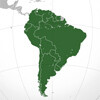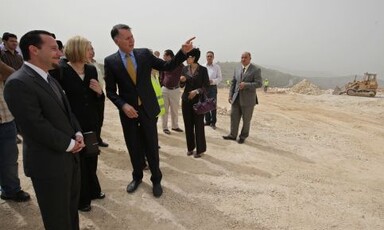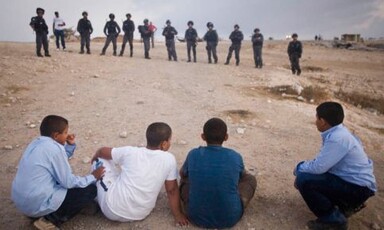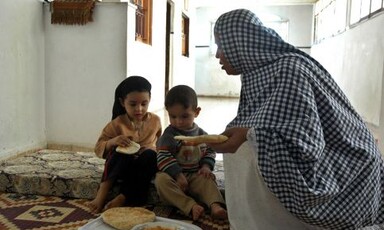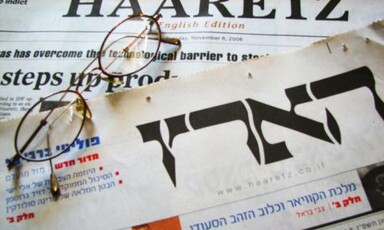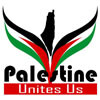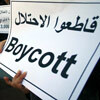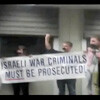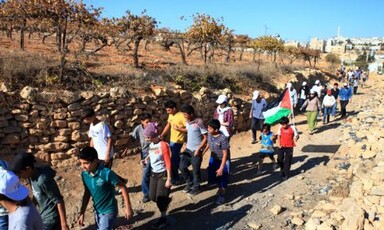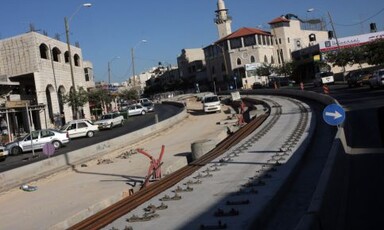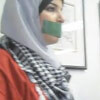
Israel forces Palestinians to demolish their own homes
31 December 2010
Israel’s demolition of Palestinian homes continued in Lyd, the Negev region, and in numerous places around the occupied West Bank, including East Jerusalem where two Palestinian families were forced to demolish their own homes in Sur Bahir village. The families had received demolition orders from Jerusalem Municipality officials three days before, citing “illegal construction.” Read more about Israel forces Palestinians to demolish their own homes
